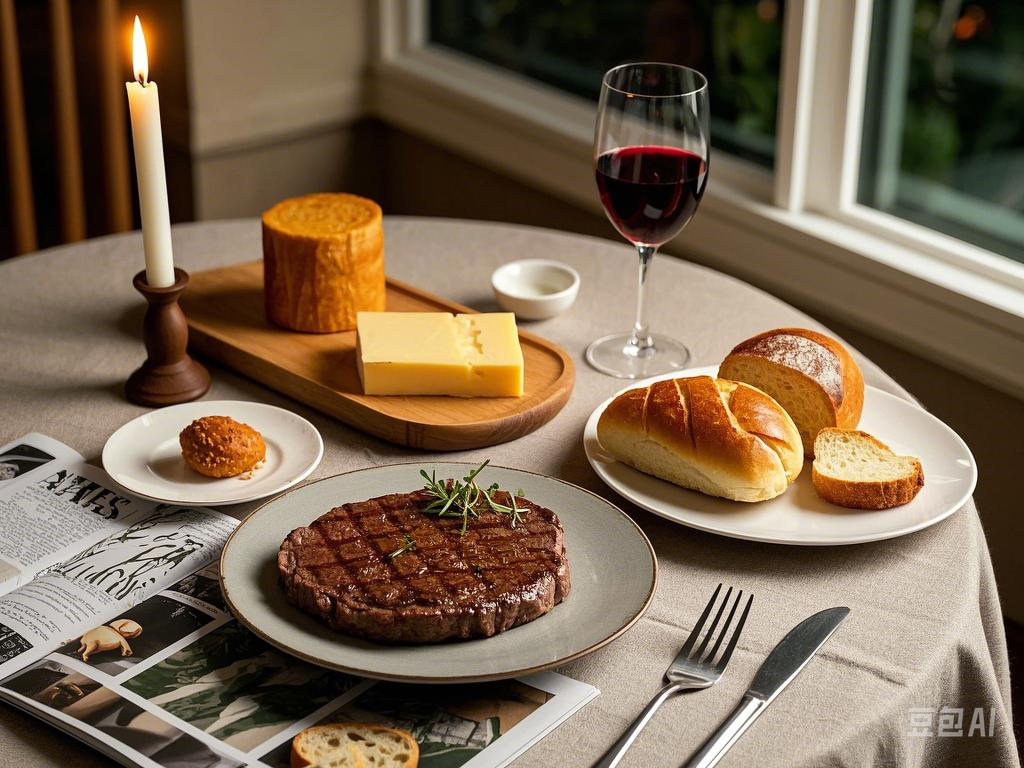
Hey everyone! Today, we're going to explore the fascinating relationship between food and culture. Food is not just a means of sustenance; it's a reflection of a culture's history, traditions, and values. It's like a window into a different world, offering a taste of the unique flavors and customs of various cultures. Let's start with Italy. Italian cuisine is known around the world for its delicious pasta, pizza, and gelato. But behind these mouthwatering dishes lies a rich cultural heritage. Italian food is deeply rooted in family traditions, with recipes passed down from generation to generation. Sunday dinners are a time for the whole family to come together, share a meal, and enjoy each other's company. And the use of fresh, local ingredients is a testament to Italy's connection to the land and its love for good food. Moving on to Japan, sushi is not just a popular food; it's a cultural icon. The art of sushi-making is deeply ingrained in Japanese culture, with a focus on precision, freshness, and simplicity. Sushi chefs spend years perfecting their craft, learning the delicate balance of flavors and the proper techniques for cutting and preparing the fish. And the ritual of enjoying sushi, from the presentation to the way it's eaten, is an important part of Japanese dining culture. In India, food is a celebration of diversity. With its many different regions and religions, India has a wide variety of cuisines, each with its own unique flavors and spices. From the spicy curries of the south to the rich, creamy dishes of the north, Indian food is a reflection of the country's cultural tapestry. And food plays an important role in religious festivals and celebrations, with special dishes being prepared to mark these occasions. But food and culture aren't just about the big-name cuisines. Every culture has its own unique food traditions and specialties. In a small town in France, you might find a local cheese that's been made by the same family for generations. Or in a village in Thailand, there could be a street food vendor selling a secret recipe for a spicy noodle soup. These local foods are not just delicious; they're a part of the cultural identity of the people who make and eat them. So, the next time you sit down to a meal, take a moment to appreciate the cultural significance behind it. Think about the history, traditions, and values that are represented on your plate. Food is not just a meal; it's a connection to our past, a celebration of our present, and a glimpse into our future. What's your favorite food that represents a particular culture? Share your stories in the comments below!"Food and Culture: A Gastronomic Love Affair"

